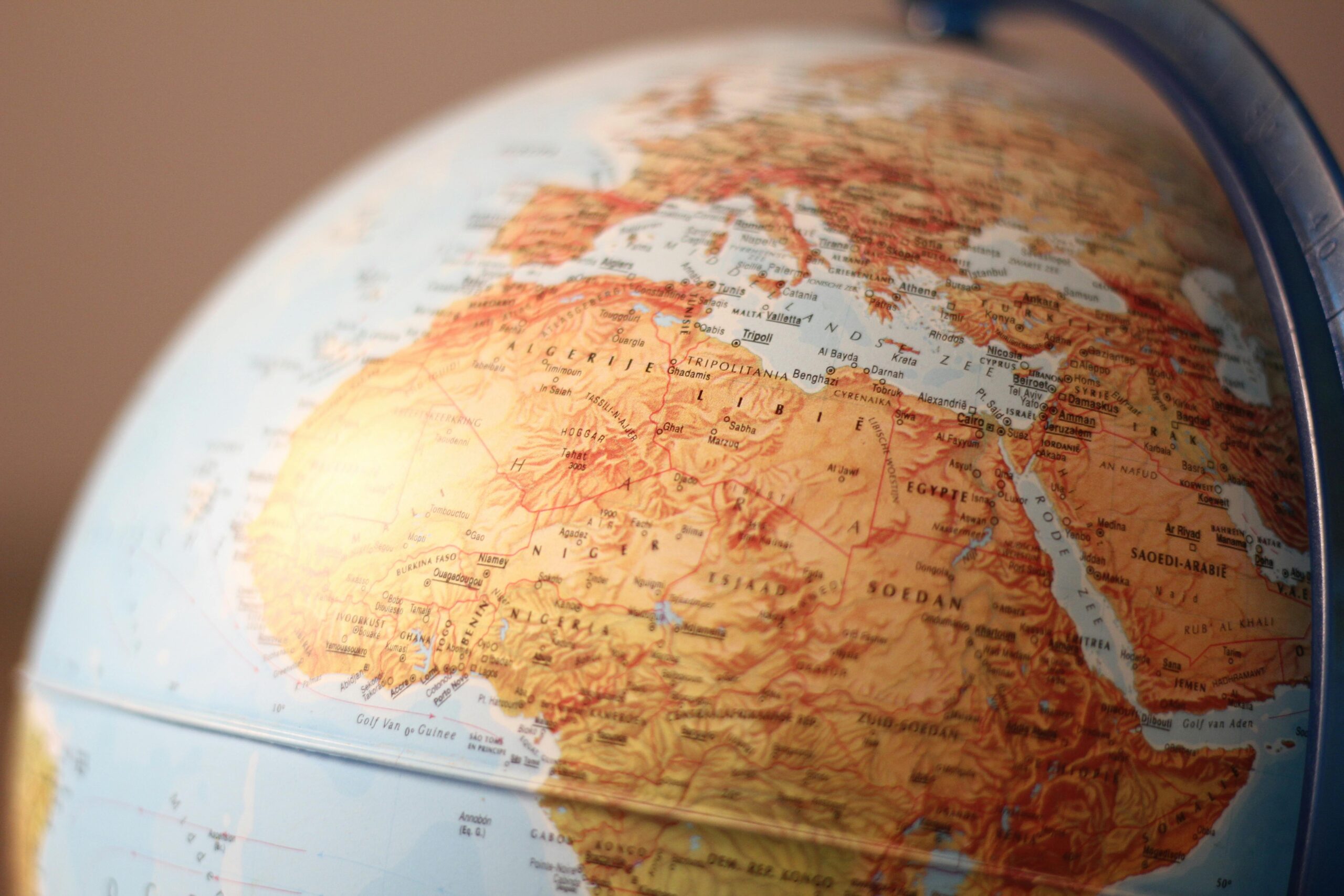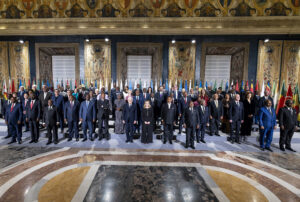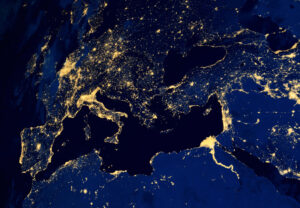The 2024 appointment of a new European Commission represents a moment of political opportunity for the EU to make concrete progress towards reaching energy security through decarbonisation in the wider Mediterranean area, while enhancing resilience and adaptation responses against the worsening impacts of climate change in a macro- region which has been defined as a climate change hotspot.
Read the policy brief “Towards a shared, clean energy space in the Euro-Med: Outlining priorities for the next European Commission”, published by EuroMeSCo
This window of opportunity feeds into a broader climate diplomacy momentum, as the EU is approaching several international appointments –from the heated discussions on climate finance ahead of COP29 to the upcoming update of Nationally Determined Contributions (NDCs) expected in 2025– which would benefit from a more proactive and climate-oriented EU foreign policy.
In this framework, the upcoming EU Commission has the chance to strategically plan its action to shape both its agenda for the Southern Neighbourhood and the European Green Deal’s external dimension towards the establishment of a shared, interconnected clean energy space in the Mediterranean macro-region, in line with EU climate commitments.
To this aim, this policy brief identifies some key priorities that the new European Commission will need to focus on, which tackle both the progress and acceleration of energy transition processes in Southern Mediterranean countries and a pathway of progressive integration within the two shores of the Mediterranean.
As such, the operative and financial support to Southern Mediterranean countries in the all-round development and implementation of their national long-term energy pathways will need to go hand in hand with increasing cooperation in the area of adaptation as a key element of the external dimension of the EU Green Deal and the Global Gateway.
On the other hand, extensive cross-Mediterranean cooperation at different stages of the value chains –from carbon pricing mechanisms to sharing technologies and knowledge– will prove central to the transformation of the Mediterranean basin into an integrated industrial space for the development of green supply chains, while the interconnection of electricity grids on a vertical and horizontal axis represents a natural step forward towards the creation of one energy space powered by renewable energies.
Read the policy brief “Towards a shared, clean energy space in the Euro-Med: Outlining priorities for the next European Commission”, published by EuroMeSCo
Photo by Joris Geens







